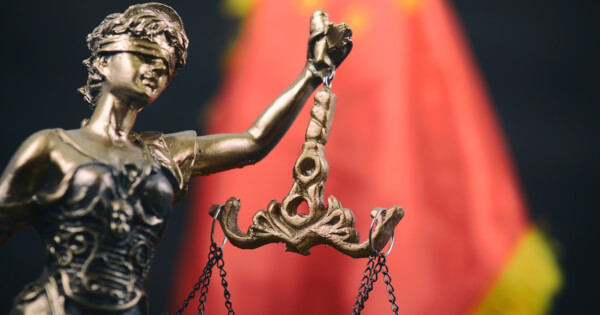In a decision that could shape the future of artificial intelligence (AI) and patent law, the UK Supreme Court has ruled against Dr. Stephen Thaler in a landmark case about the role of AI in inventions. Dr. Thaler, who created the AI system DABUS (Autonomous Bootstrapping Device for Unified Sentience), wanted DABUS to be recognized as the inventor of two patents: a food container and a light beacon.
At the heart of this case was the interpretation of the 1977 Patent Act. The law requires that the “actual inventor” of an invention, identified as a “person,” be named as the inventor in a patent application. This definition has become a bone of contention, with Dr. Thaler claiming that his AI system is the one who actually designed the invention in question.
The Supreme Court unanimously concluded that under current law, inventors must be natural persons. This decision was based on the legislative context of patent law, which at the time of drafting did not consider AI systems as potential inventors. The court also addressed the issue of whether Dr. Thaler could assert patent rights by owning DABUS, and ultimately rejected that notion. They determined that because DABUS was not a person, he could not hold or transfer patent rights, and while Dr. Thaler acknowledged that he was not an inventor, he could not claim these rights.
Dr. Thaler’s argument based on the doctrine of subscription, which generally applies to tangible assets, was also rejected by the court. They argued that because inventions are intangible, this principle cannot be applied in this context. As a result, the court upheld its previous decision to consider Dr. Thaler’s application withdrawn because it did not meet the requirements of the patent law.
This ruling reflects traditional interpretations of inventor and title laws, but acknowledges the increasing complexities arising from the role of AI in the creative process. The court did not examine DABUS’s factual claims about its autonomous invention capabilities, leaving open questions about the role of AI in the future invention process. Interestingly, courts in Australia and South Africa have taken different positions in acknowledging that AI can be named as an inventor. These differences highlight the evolving and unstable legal status of AI in the realm of intellectual property rights globally.
Image source: Shutterstock

